Updated date: 08/13/2024 05:33:46

DTO - As one of the three largest deltas in the world most vulnerable to climate change, the Mekong Delta still has new development opportunities from resolutions and planning policies for the Mekong Delta to develop in the direction of "following nature" and adapting to climate change. For sustainable development, the current issue for localities in the region is to improve the business environment while protecting the environment.

To promote “green growth”, Dong Thap province is focusing on converting production for the lotus industry according to the Circular Economy model.
Many businesses are being negatively affected by natural disasters and climate change.
According to the Vietnam Federation of Commerce and Industry (VCCI), as one of the three largest deltas in the world most vulnerable to climate change, the Mekong Delta is currently facing enormous economic, social and environmental challenges.
Regarding the environment, climate change and transboundary water fluctuations from the upstream of the Mekong River (degrading water and sediment resources) as well as internal development issues in the delta itself such as: exploitation of natural resources, overuse of pesticides in agricultural production and aquaculture, environmental pollution (soil, water, air), excessive sand and groundwater exploitation activities... have greatly impacted the ecosystem, lives and livelihoods of millions of people in the Mekong Delta.
Regarding enterprises, according to a survey conducted by VCCI in 2023, up to 72.4% of enterprises in the Mekong Delta are being negatively affected by natural disasters and climate change, the highest number among regions in the country. Mr. Hoang Quang Phong - Vice President of VCCI said that climate change has adverse impacts on production and business activities of enterprises, including: disruption of production and business, reduction of labor productivity and revenue, disruption of transportation channels, increased production costs, stagnation of distribution networks, reduction of product quality, damage to facilities and human resources, etc. Therefore, in the context of the world facing many challenges related to the environment and climate change, economic development associated with environmental protection has become an urgent requirement.
“Improving the business investment environment is not only an important factor in attracting investment and promoting economic growth, but also the foundation for building a sustainable and prosperous economy. A favorable business investment environment will create conditions for businesses to develop, innovate and compete fairly. This not only benefits businesses but also contributes to improving the quality of life of people, creating more job opportunities and promoting community development,” Mr. Phong shared.
Towards a green economy
Resolution No. 120/NQ-CP of 2017 of the Government on sustainable development of the Mekong Delta adapting to climate change and the Mekong Delta Regional Planning for the period 2021 - 2030, with a vision to 2050 - is the first regional planning organized according to a multi-sectoral integrated approach, with the perspective of "following nature" and "proactively adapting to climate change" development, which is considered a new opportunity for localities to build a sustainable economy.
For Dong Thap - the upstream province of the Mekong River, the key area for food production and aquaculture in the country, the production and processing process has given rise to factors that can have negative impacts on life and the environment; resources are increasingly overexploited, the environmental ecosystem is damaged and a series of other issues need to be addressed and overcome. With the policy of implementing a "circular economy" to promote "green growth", the province is focusing on transforming production for the province's key industries such as rice, pangasius, lotus, mango and ornamental flowers to extend the production chain, increase the value of agricultural products, and create long-term livelihoods for rural people; Continue to improve the quality of environmental governance, promote green practices, improve the Provincial Green Index (PGI) to meet the requirements of safe and sustainable development in production and consumption in the face of erratic changes in global climate and increasingly serious natural disasters, epidemics, and environmental pollution due to production, processing and consumption.
The project on sustainable development of 1 million hectares of high-quality and low-emission rice cultivation associated with green growth in the Mekong Delta region by 2030 and the concretization of the commitments at the 1st Mekong Starup Forum - 2022 in Dong Thap province to promote the goals of "Modern - Circular - Low-Emission Agriculture" in the Mekong Delta region, is one of the bases for the Mekong Delta region to propose to relevant parties to find solutions to improve the investment and business environment towards a green economy and sustainable development in the coming time.
Like Dong Thap, many provinces in the Mekong Delta have stepped up the implementation of many activities to promote the creation of a favorable, safe, equal and environmentally friendly business environment for enterprises in the region such as: reforming administrative procedures, improving the quality of the business environment, restructuring the economy and innovating the growth model; balancing economic development and sustainable environment, social equity and developing a green and carbon-neutral economy... From there, gradually removing bottlenecks in investment and business activities of enterprises and investors.

The model of raising black soldier fly larvae combined with raising chickens of Ecodota agricultural farm is considered an effective model to help increase income and protect the environment.
Solutions for sustainable development
According to the VCCI Legal Department, the PCI results in 2023 show that the Mekong Delta region has 8 provinces and cities in the top 30 provinces and cities nationwide with the best governance quality and is the region with the third highest PCI 2023 score in the country. Enterprises highly appreciate the provinces and cities in the region for their legal institutions, dynamism and pioneering of the government apparatus, as well as market entry, administrative reform, land access; the lowest informal cost burden compared to other regions.
However, with signs of decreasing these advantages, the VCCI Legal Department recommends that localities need to promote support programs and services to improve labor quality. Mr. Pham Ngoc Thach - Deputy Head of the VCCI Legal Department said that a locality is considered to have good environmental governance when: there are efforts to prevent and minimize pollution and risks of natural disasters and climate change; enforce regulations and have reasonable measures to ensure compliance with environmental laws without creating too much burden for businesses; provide full guidance and dissemination of green practices and focus on green procurement; encourage "greening" of production and business models through policies and support programs. Therefore, the Mekong Delta provinces need to continue to make efforts to build local governments that are friendly to people and businesses; simplify processes and procedures, and shorten the time to handle administrative procedures related to land.
According to Dr. Phan Huu Thang - former Director of the Foreign Investment Agency, sustainable development and green growth are common trends and important goals of all countries in the current period. Therefore, provinces and cities need to soon complete and synchronize institutions, policies, development models and management methods of industrial parks according to ecological models. The State needs to have certain support in terms of tax, finance, land... for those who really have difficulties in converting the industrial park model from traditional to ecological.
Many experts believe that in order to improve the business environment associated with sustainable green economic development, the Mekong Delta provinces need to better implement environmental protection standards and regulations, strictly enforce laws, closely monitor environmental pollution and wastewater treatment from investment, construction to operation, but also avoid creating unnecessary burdens for businesses...
“The Mekong Delta is facing a great opportunity to work together to build a more favorable, sustainable and greener investment and business environment. With many different perspectives, it has shown an overall picture of the socio-economic development of the Mekong Delta, what needs to be done, and must be done in the coming time. VCCI will work with provinces and cities to improve the investment and business environment, creating many practical results, contributing to the sustainable development of the Mekong Delta in particular and the whole country in general,” emphasized VCCI Vice President Hoang Quang Phong.
MN
Source: https://baodongthap.vn/kinh-te/dong-bang-song-cuu-long-huong-den-phat-trien-kinh-te-xanh-ben-vung-va-hieu-qua-124727.aspx


![[Photo] Prime Minister Pham Minh Chinh receives leaders of Excelerate Energy Group](https://vphoto.vietnam.vn/thumb/1200x675/vietnam/resource/IMAGE/2025/5/29/c1fbe073230443d0a5aae0bc264d07fe)


![[Photo] Vietnamese and Hungarian leaders attend the opening of the exhibition by photographer Bozoky Dezso](https://vphoto.vietnam.vn/thumb/1200x675/vietnam/resource/IMAGE/2025/5/29/94d8ceca5db14af3bf31285551ae4bb3)

![[Photo] Prime Minister Pham Minh Chinh meets with Hungarian President Sulyok Tamas](https://vphoto.vietnam.vn/thumb/1200x675/vietnam/resource/IMAGE/2025/5/29/dbcaa73e92ea4448a03fe1d0de6d68e8)
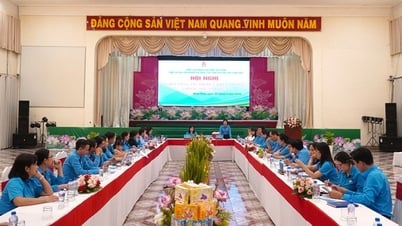

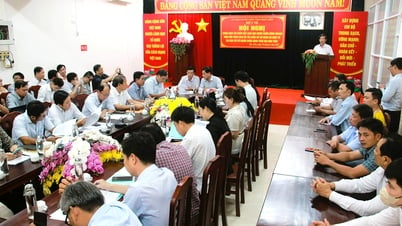
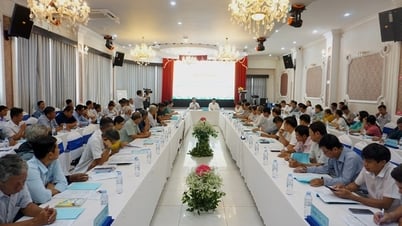
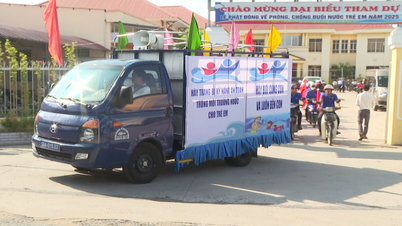





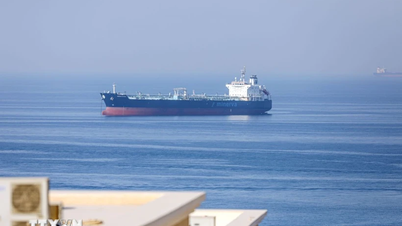

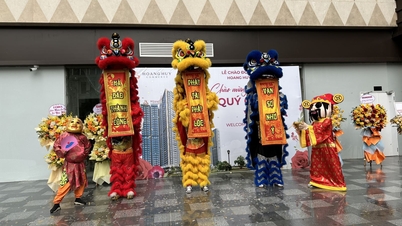


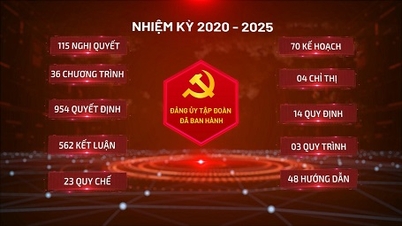




























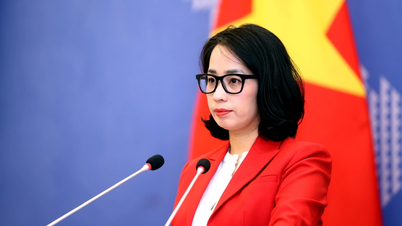


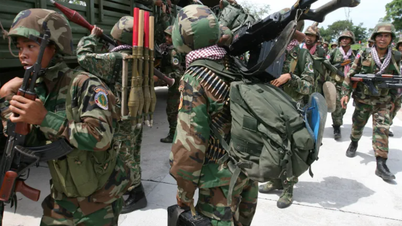





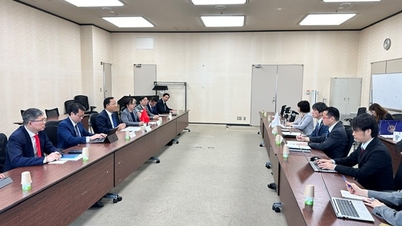

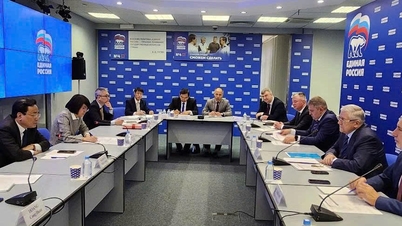

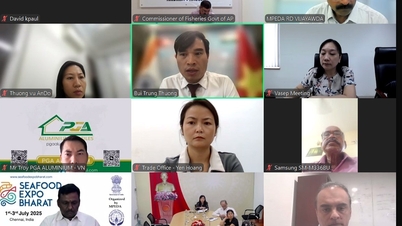



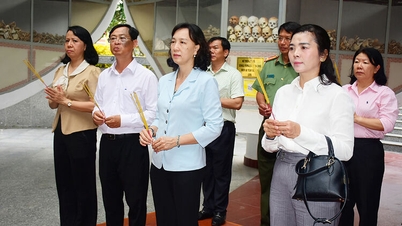



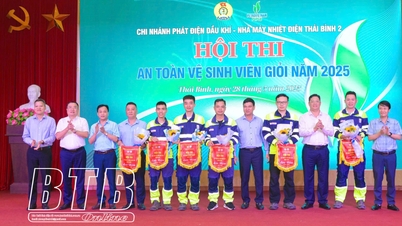

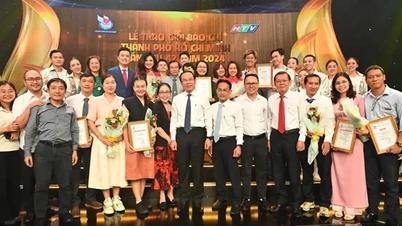
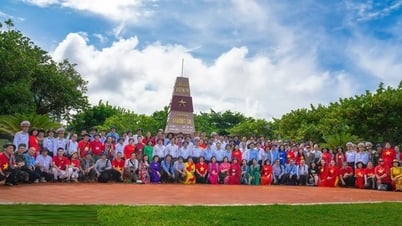

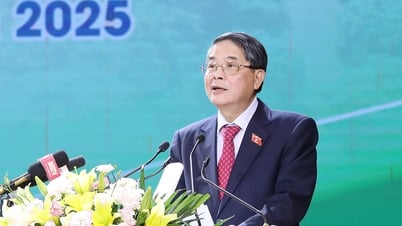








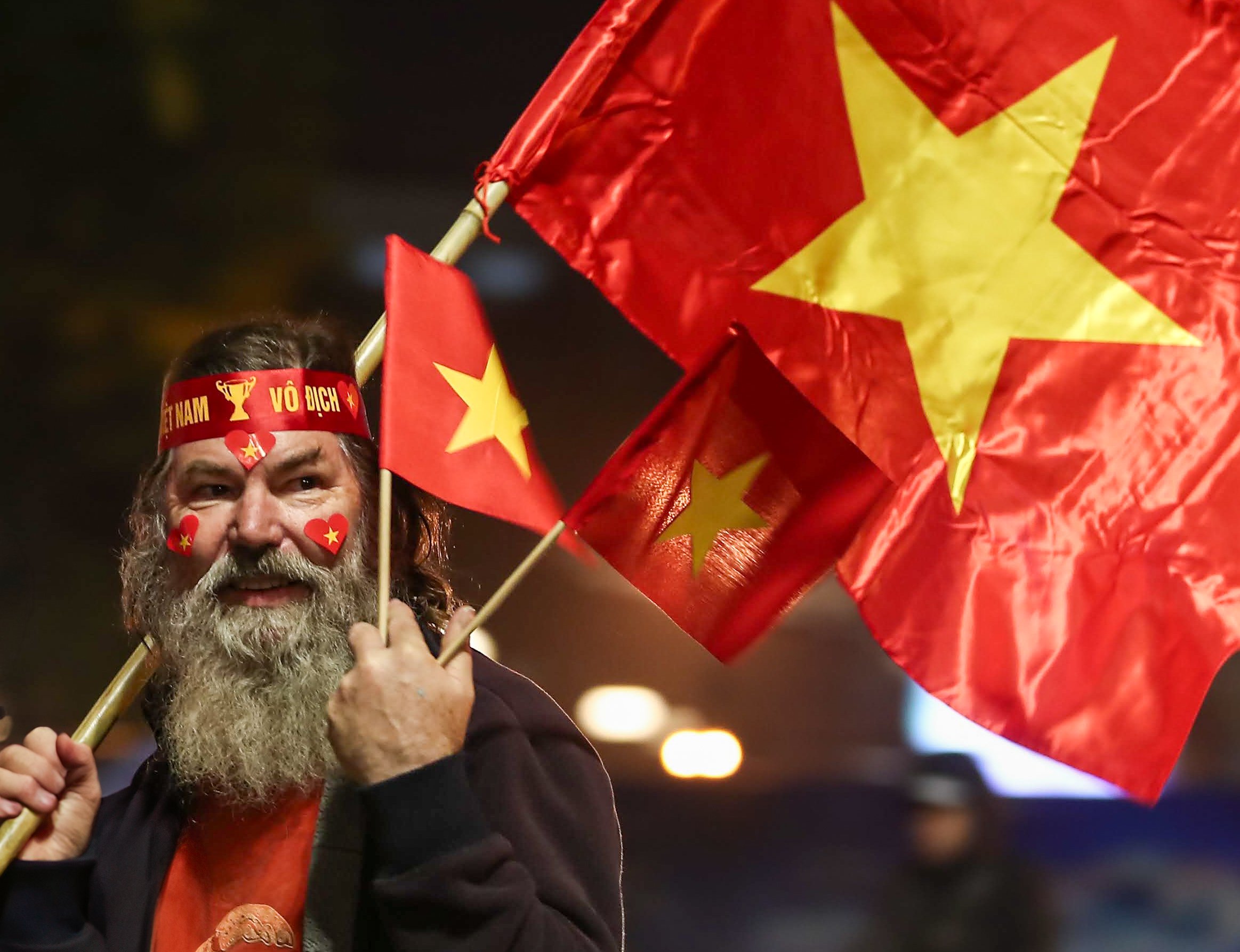



Comment (0)